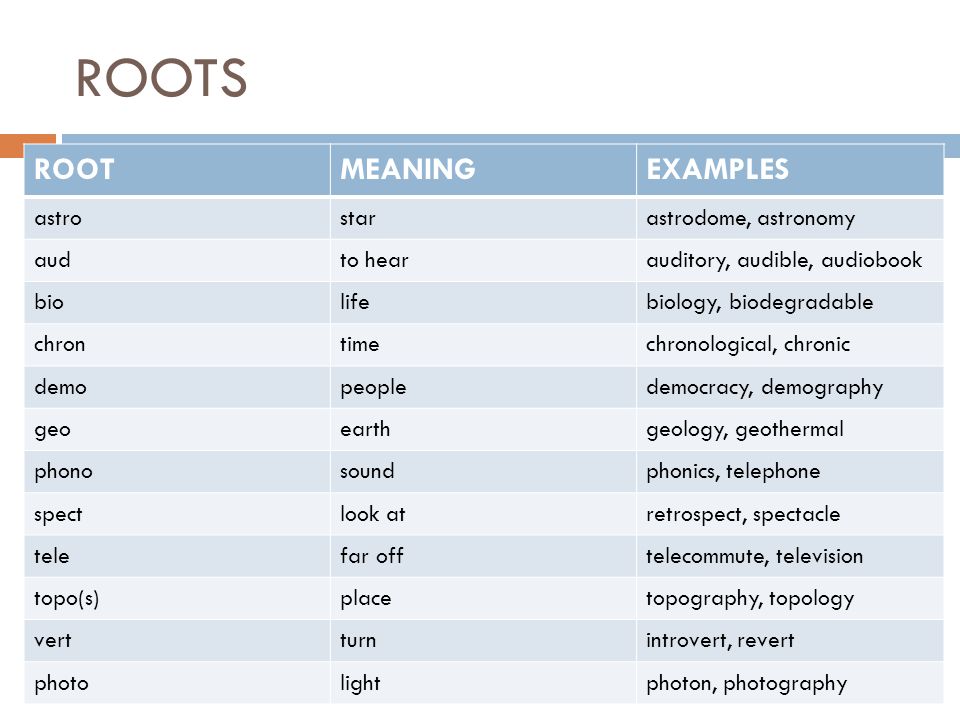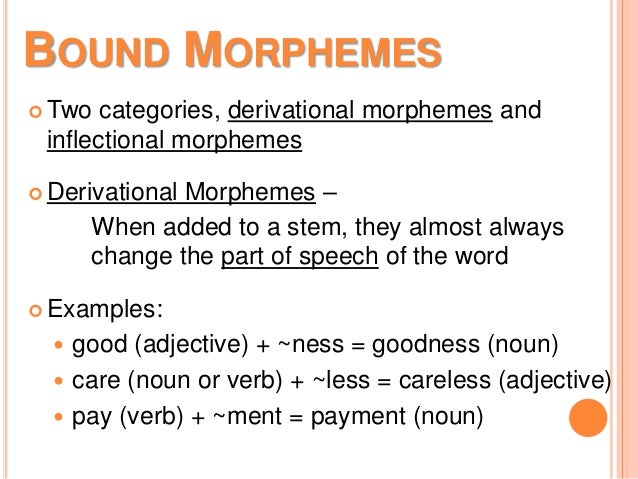Module 12 (Week 4) Vocabulary
1.) Morphemic Analysis
- "the process of analyzing or breaking down a word in terms of its meaning units or morphemes" (Words Their Ways)Morphemic analyis helps students learn differnt technigues when it comes to identifying the new words meaning.
2.) Etymology
- "the study of the origin and historical development of words"(Words Their Ways)Etymology helps students gain a better understanding of where words come from and what they have developed in to. This helps students gain a better understanding of the meaning of the word.
3.) Stem
- "a base or word rood together with any derivation affixes that have been added, and to which inflectional endings may be added" (Words Their Ways)Stem is a very important word to teach studnets when it comes to literacy because these are typically the words students already know and are familiar with.
4.) Free Morpheme
- "meaning units of language that stand alone as words" (Words Their Ways)Free morphemes are important when teaching literacy because these words stand alone and are typically root words or stems.
5.) Bound Morpheme
- "meaning units of language that cannot stand alone as a word"(Words Their Ways)Bound Morphemes are important to literacy because they help teach students how beginning or ending units can effect the words meaning by using descriptive attrubuties.
6.) Concepts Sorts
- "a categorization task in which pictures, objects, or words are grouped by shared attributes or meaning to develop concepts and vocabulary" (Words Their Ways)Concepts sorts are important for any literacy age and helps build word knowledge and how vocabulary relates to concepts.
7.) Absorbed or Assimilated Prefix
- "prefixes in which the spelling and sound of the consonant has been absorbed into the spelling and sound at the beginning of the base or root to which the prefix is affixed" (Words Their Ways)Absorbed prefix can be struggling for many literacy learners because the ability to understand this for of literacy is related to the students prior knowledge about spelling-meaning patterns.
8.) Consonant/Vowel Alternation
- "the process in which the pronunciation of consonants changed in the base or root of derivationally related words while the spelling does not change" (Words Their Ways)Consonant vowel alternations can be stuggling to students when it comes to literacy. These different types of alternations help use long or short letter or vowel sounds to change the pronounciation of a word.
9.) Reduced Vowels
- "a vowed occurring in an unstressed syllable" (Words Their Ways)Reduced vowels are important to literacy because this helps put emphasis on unstressed syllables.









Comments
Post a Comment